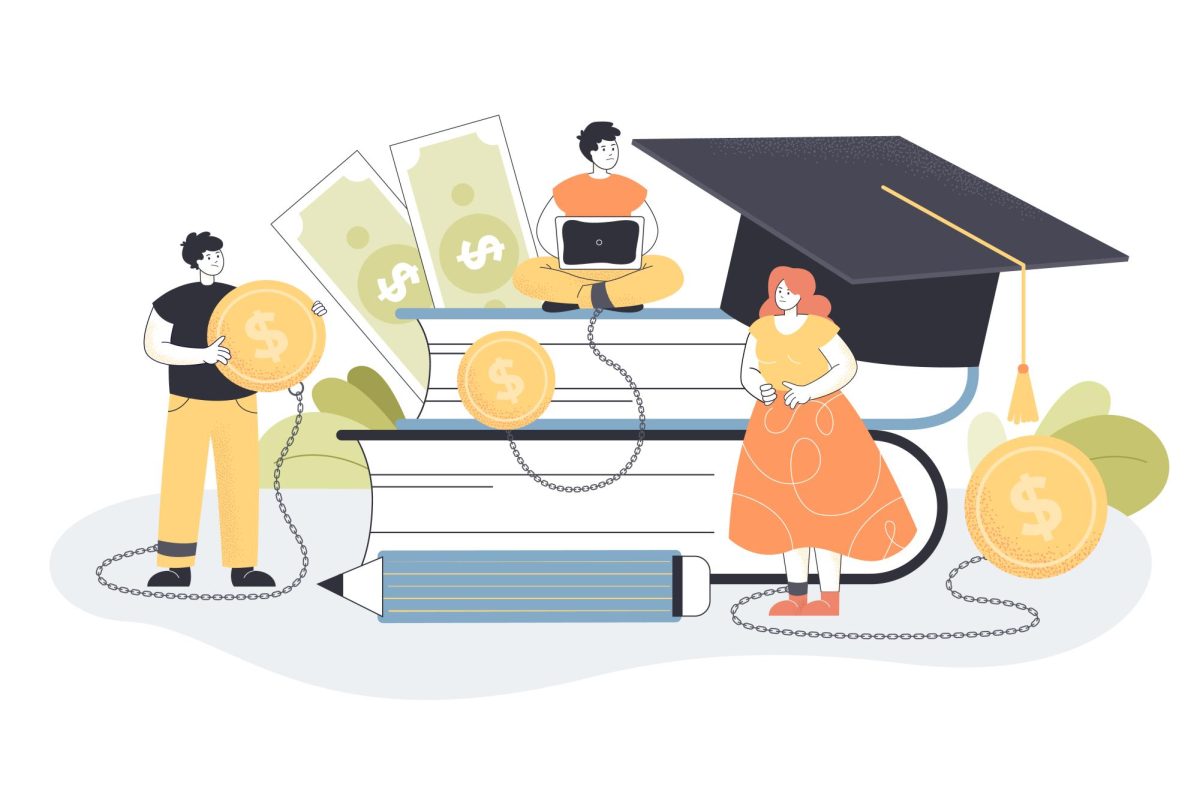
Paying for college presents a huge financial burden for families in the U.S.. (Freepik - pch.vector)
As the expense of enrolling in institutions of higher learning grows, families across the country ask themselves one solitary query: is college even worth the expense? With American student loan debt at over $1.7 trillion, never has the issue been so urgent. But what if an alternative existed—one without incurring lifelong debt to earn an academic degree? A look at Germany’s system of higher education provides an amazing revelation: free college is not an urban legend—it’s an operating reality.
American colleges can run $10,000 to over $40,000 annually, depending on whether one attends an American public or private college, states Best Colleges and Education Data Initiative. That does not include extra fees such as accommodation, books, and transport. A majority of students graduate in debt for tens of thousands of dollars, placing them back years in terms of financial independence. Parents even put themselves in debt or spend savings in order to have kids enroll.
This system creates an obstacle that discourages thousands of talented students from attending college—not due to inability, but due to insufficient funds.
Compare this to Germany, in which public university tuition is free—both for Germans and foreign students. German students typically only pay a minimal semester fee to pay for administrative fees and public transportation, which is in the hundreds of dollars each year, according to TopUniversities and GoOverseas.
How does Germany fund this system? With taxes. It’s quite simple reasoning really: higher education is not an entitlement for individuals, but rather a public benefit. The more individuals they educate, the wealthier the nation as a whole becomes. Germany eliminated tuition fees in 2014 because they believe education shouldn’t be something dependent upon one’s wealth, but rather one’s desire to learn and one’s capabilities.
Not only is free college good for its students—it’s good for society. When more people have degrees, the workforce is stronger, the economy is healthier, and innovation moves faster. A German university student explained her experience as “liberating,” that she was free to focus solely on studying without constantly worrying about debt. She was able to choose a career based on interest and talent rather than whether it would pay enough to afford loans.
In California, whose public university systems, UC and CSU, have for years grappled with rising tuition and budgetary pressures, we should pay heed. State student fees, according to a recent report by the Public Policy Institute of California, have climbed dramatically in recent decades, even in public universities whose purpose was originally to be accessible to all.
We can do this in America—we can make college free—it’s just a question of priorities. If Germany, an industrial nation, can provide free college for all, why can’t we? Investing in higher education is an investment in tomorrow. A better-educated society equals less crime, increased earning capacity, and increased citizenship. It will also enable our students to learn what they want to learn, take intellectual chances, and give back to society without fear of creating debt.